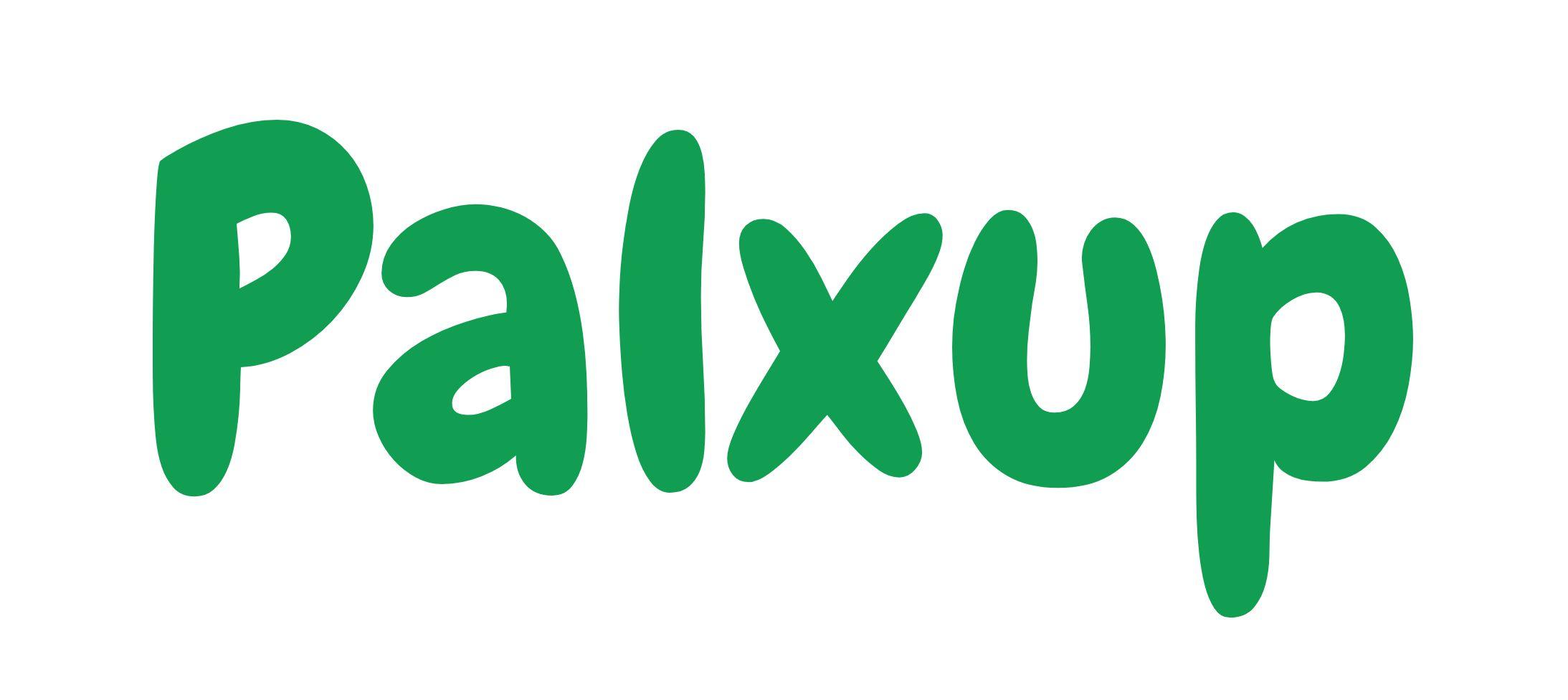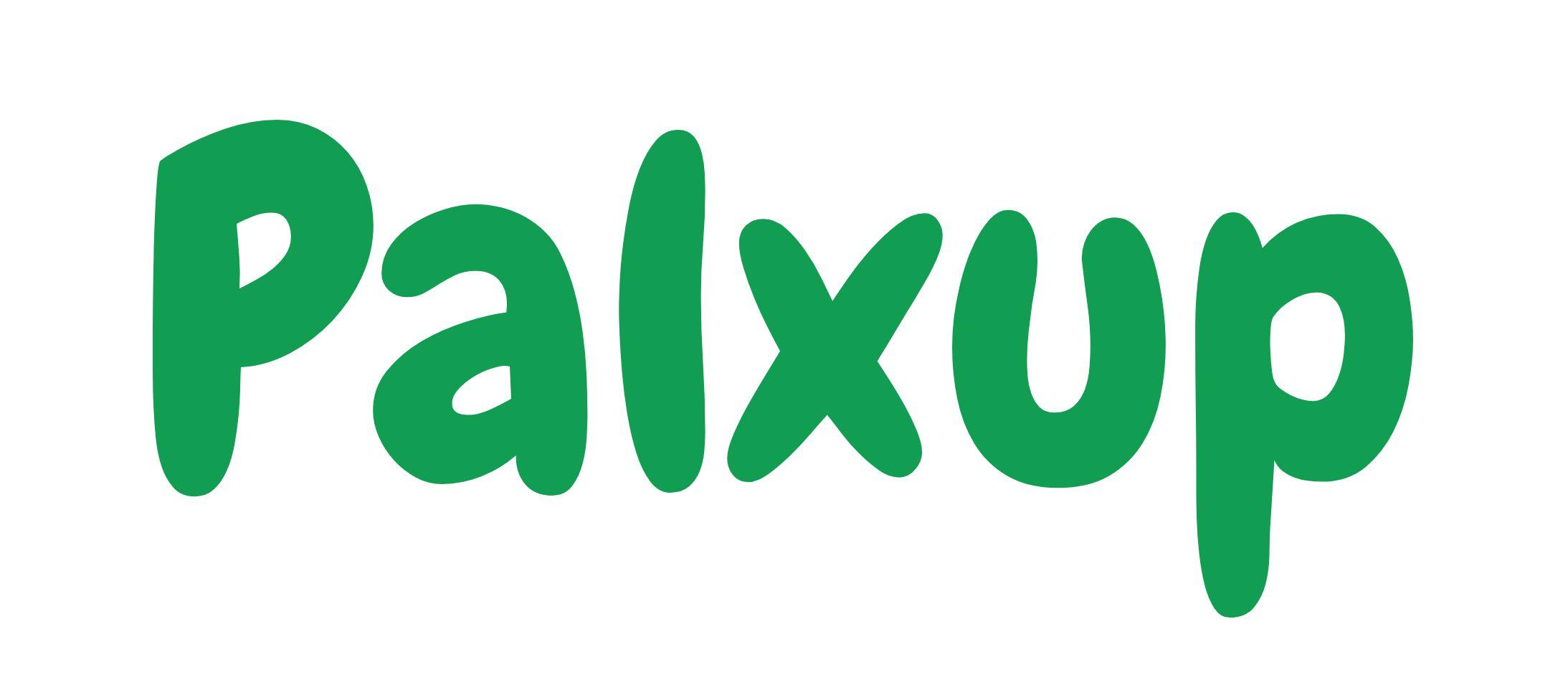The slogan "The Internet remembers everything" was based on a stark warning about the danger of writing or posting something online: how every day a silly joke we wrote in a certain context on Twitter, or an extreme statement that we believed in when we were young and published on Reddit, can come back and haunt us. It is a concept of documentation and preservation so extreme that it has created in itself a counter-movement - the "right to be forgotten", which aims to help the public gain control of personal information online. But personal information, while important to Internet companies that generate insights and revenue from it, is not intrinate to the human race as a whole and a change in it can occur frequently. But what about information that reflects, records, or purports to explain historical events? The Internet, as it turns out, despite its image as the living and expanding library of humanity, is not a place to be trusted.
- Information is not protected from deletion
Whether for reasons of vandalism or from storage with limited life expectancy, the perception of information as corrupting, incriminating, or simply not worthy of being preserved — information was never protected from deletion. The Great Library of Alexandria was apparently violently destroyed by Roman occupiers; The Nazis burned books in order to erase ideas and the archives of government when the party fell; And documents in the vaults of the Prime Minister's Office were shredded before the entry of current Prime Minister Naftali Bennett. But the danger posed by the transition to digital documentation is unlike anything in the history of the human knowledge organization.
Because it is so easy to keep information on the Internet, the incentives to make paper copies have decreased so much that these are really decommended today. The Internet today is where things are recorded and documented in high quality. I mean, supposedly.
The truth is that information is deleted, becomes inaccessible or constantly changing on the network, no matter how important or not it is, to the point that it has become a space of infinite contemporary.
Perhaps the most well-known study is from a team of researchers led by Jonathan Zittrain of Harvard's Berkman Internet Center, which found that nearly 50 per cent of all links cited in U.S. Supreme Court rulings and 70 per cent of the information cited in law journals — referrals we would expect to be properly preserved — do not link to the information originally cited. A year's study from the same center found that 25 per cent of all links to the Digital Articles of The New York Times, by far the world's largest and most successful news site, are "rotten" and lead nowhere.
These "broken" links are often attributed to poor maintenance, switching between formats or neglect, just as the early 2000s was dubbed by the editor of Esquire magazine", "The Years Erased in the Music Industry", following the transition to streaming listening, a change in the method of music libraries, and many artists who did not survive the transition to the Internet. But sometimes the information is deliberately deleted. In 2013, the British Conservative Party deleted all its speech archives between 2000 and 2010, including a well-known speech by then-party leader David Cameron from 2006 in which he spoke highly of the internet and its search for how they would democratise politics because it would "make a lot of information publicly available." In 2014, BuzzFeed (then mostly the pulitical site, now a Pulitzer-winning website) deleted 4,000 historical posts, which were apparently too silly and no longer matched the official fasson. In January 2017, when Donald Trump took office as PRESIDENT of the United States, the new administration deleted all the web pages on combating climate change on the official White House website.
These are also the relatively good cases where content that readers once knew (or thought) was available is gone. But what about information that's been modified without a trace? This editing method is called "Stealth edit" ("stealthing") and includes any changes to digital content, many times to hide serious errors, to dramatically change the tone of the article due to negative reactions or even actually re-framing the story, without being specified in an editor's note that changes have been made or to explain the changes. This type of editing, which has been a common practice in digital journalism for years, especially in the absence of attention to its meanings, is now considered outrageous in the UNITED States, while in Israel and many other places it is still considered an acceptable method to edit digital content on news sites.
- Transparency problem
In recent years, a series of nonprofit projects, known as Wayback Machine (a vast digital archive established by an American nonprofit organization), which only recently celebrated its 25th birthday and was called Alexandria 2.0, have risen up to preserve as many web pages as possible, mainly of government institutions, into an external digital archive. Such a project, among other things, saved many of the White House digital archive documents deleted during the Trump era.
Other websites offer comparisons between versions of web pages, mainly news pages and those that give visual representations for changes such as replaced images. But these sites, while resolutely carrying out their work, are far from perfect. Not only is internet documentation an activity that requires a lot of energy and endless storage space and makes this work inherently difficult, it also encounters the problem of maintaining different digital formats, and a variety of copyright challenges that ultimately make it difficult to access the archives to the general public.
But the inherent problem is a problem of transparency. The "Internet remembers everything" has created a human and misguided perception that the Internet can be trusted as an archive of everything, and perhaps things no longer really need to be saved, but the truth is that conservation servicing depends disproportionately on the mercy of others. Such reliance is a small to great danger — from the assumption that all of our photos will be kept in the Google cloud and our music library on Spotify, through an international corporation policy statement or government institution, to documenting news events. Thus, a conservation project of mankind falls victim to the success of the digital revolution. And the tools that could make knowledge available to everyone make the present constantly changing. "Society cannot understand itself if it cannot be honest with itself," Zeitrin wrote recently, "and it cannot be honest with itself if it can only live in the present moment."



